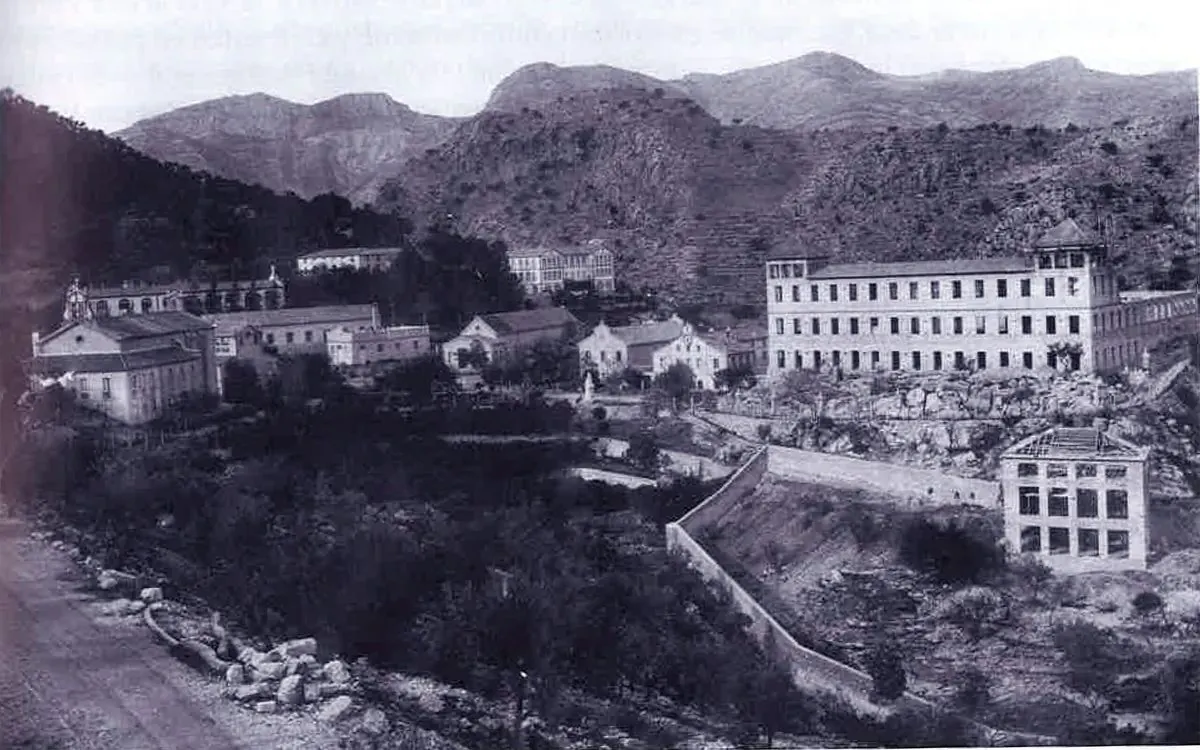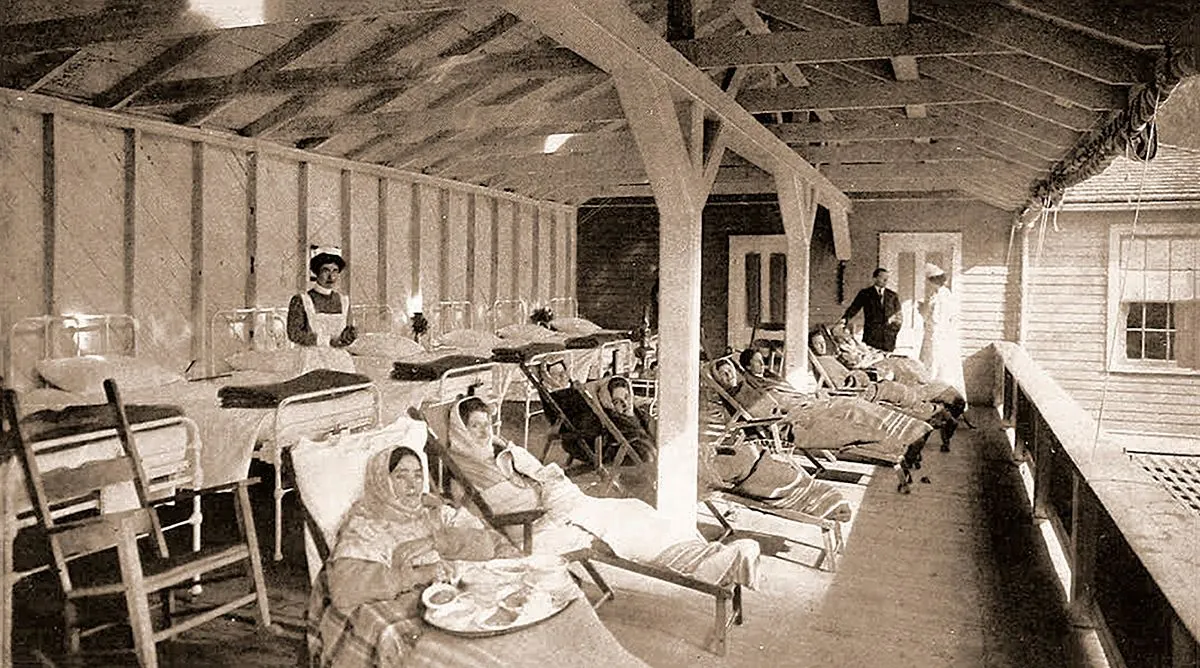Nobel Laureate's Novel Blends History and Horror in Pre-WWI Sanatorium
Olga Tokarczuk's "The Empusium" explores gender dynamics and supernatural elements in a Central European health resort. The novel combines historical context with psychological thrills, set against the backdrop of impending war.

Olga Tokarczuk, the Nobel Prize-winning author, presents a captivating blend of historical fiction and psychological horror in her latest translated work, "The Empusium." Set in a Central European sanatorium on the eve of World War I, the novel delves into the complexities of gender dynamics, societal expectations, and the supernatural.
The story revolves around Mieczysław Wojnicz, a young Polish engineering student recuperating from tuberculosis. As he awaits a room in the main facility, Mieczysław finds himself in the Guesthouse for Gentlemen, surrounded by a diverse cast of characters. This setting draws parallels to Thomas Mann's "The Magic Mountain," published in 1924, which similarly explored life in a sanatorium.
Tokarczuk's novel, subtitled "A Health Resort Horror Story," takes place in the fictional village of Görbersdorf. Despite its modern amenities and treatments, the village remains deeply rooted in ancient traditions and mysterious forces. This juxtaposition of progress and atavism creates a tense atmosphere throughout the narrative.

The author skillfully weaves historical context into the story, referencing the witch hunts of the 17th century and their lasting impact on the village. This historical backdrop adds depth to the novel's exploration of gender roles and societal attitudes towards women.
"The female brain is quite simply smaller," one patient says. "We cannot regard the act of a woman as entirely conscious," another ventures.
These discussions, while disturbing, are not mere fiction. Tokarczuk reveals that many of these views are paraphrased from works by influential thinkers such as Darwin, Freud, Nietzsche, Plato, and Shakespeare. This inclusion highlights the pervasive nature of misogynistic attitudes throughout history and their influence on modern thought.
The novel incorporates elements of psychological thriller, with a detective investigating annual murders in the village. Supernatural suspicions arise, suggesting that the landscape itself may possess a malevolent force. This blending of genres adds to the overall sense of unease and anticipation.
As the story progresses, Tokarczuk introduces increasingly surreal and horrific elements. The climax features dreamlike scenes of sleepwalking men, human-animal hybrids, and a sacrificial death. These events culminate in a powerful metaphor for nature's revenge against centuries of oppression and violence towards women.
"The Empusium" serves as a thought-provoking exploration of historical attitudes towards gender, the lingering effects of past injustices, and the potential for transformation. Tokarczuk's novel reminds readers that the echoes of history continue to resonate in the present, shaping our perceptions and experiences.

Through its rich historical context and psychological depth, "The Empusium" offers a unique perspective on the eve of World War I, a period of significant social and political change. By combining elements of bildungsroman, horror, and psychological thriller, Tokarczuk has created a compelling narrative that challenges readers to confront uncomfortable truths about the past and their lingering influence on the present.


































